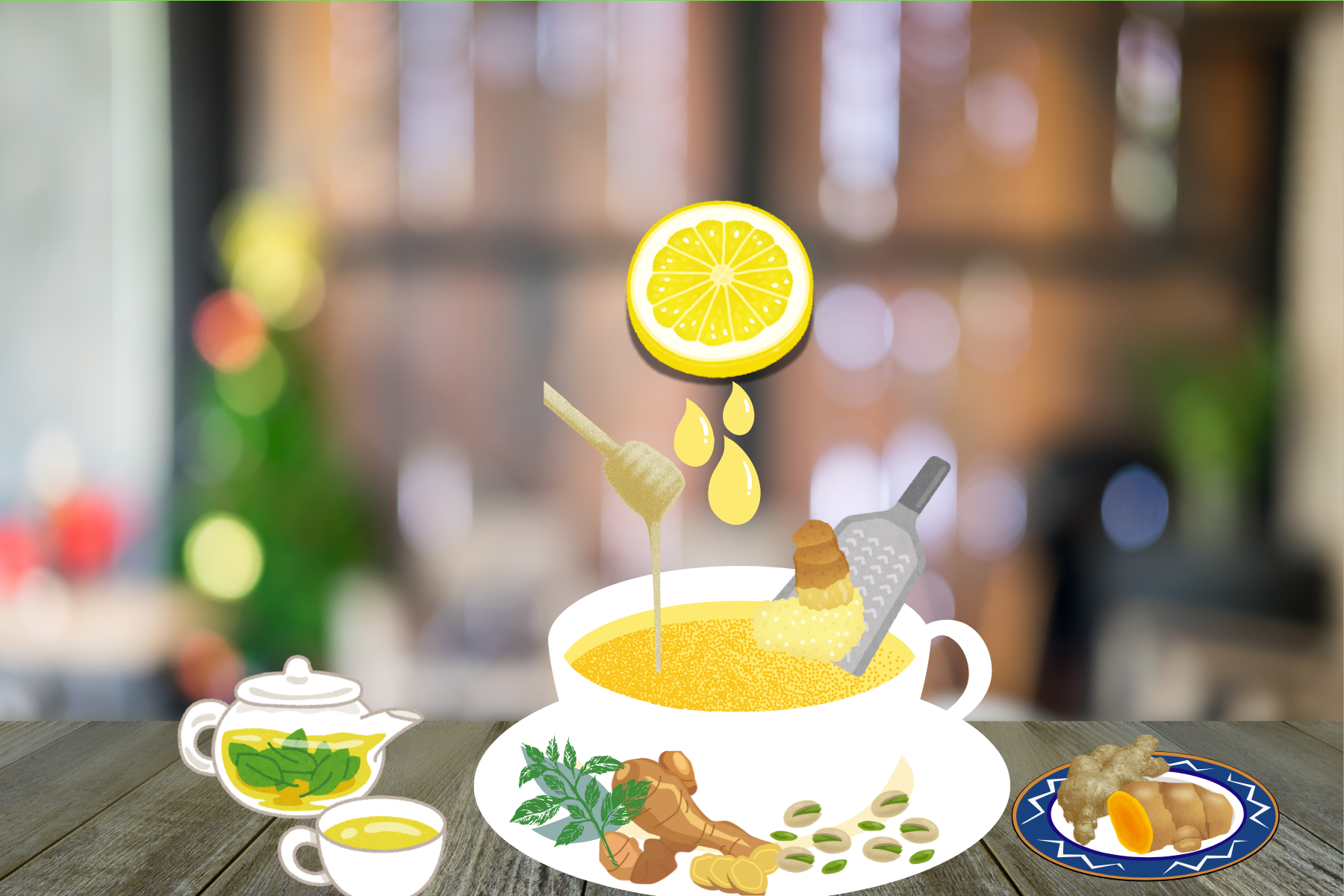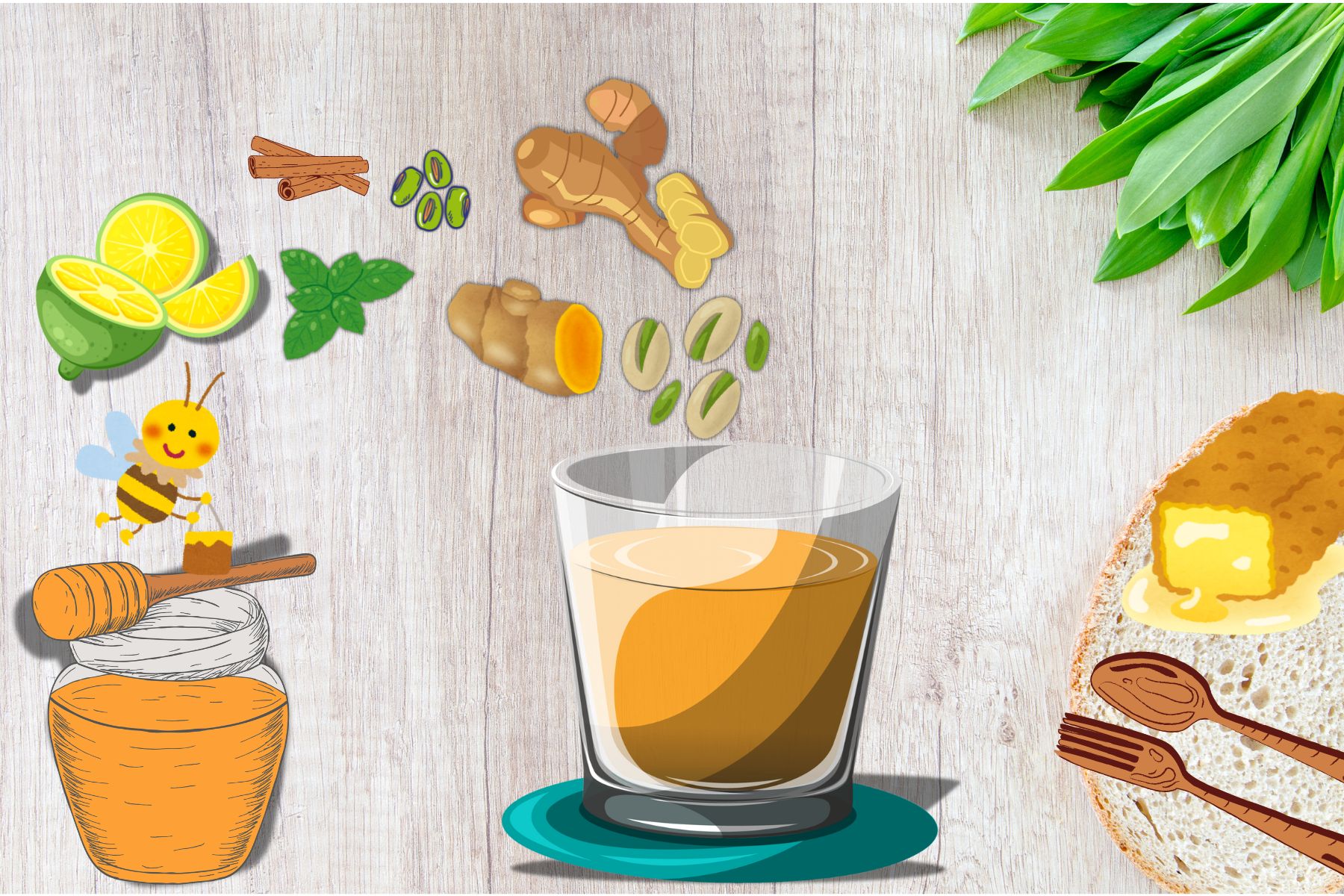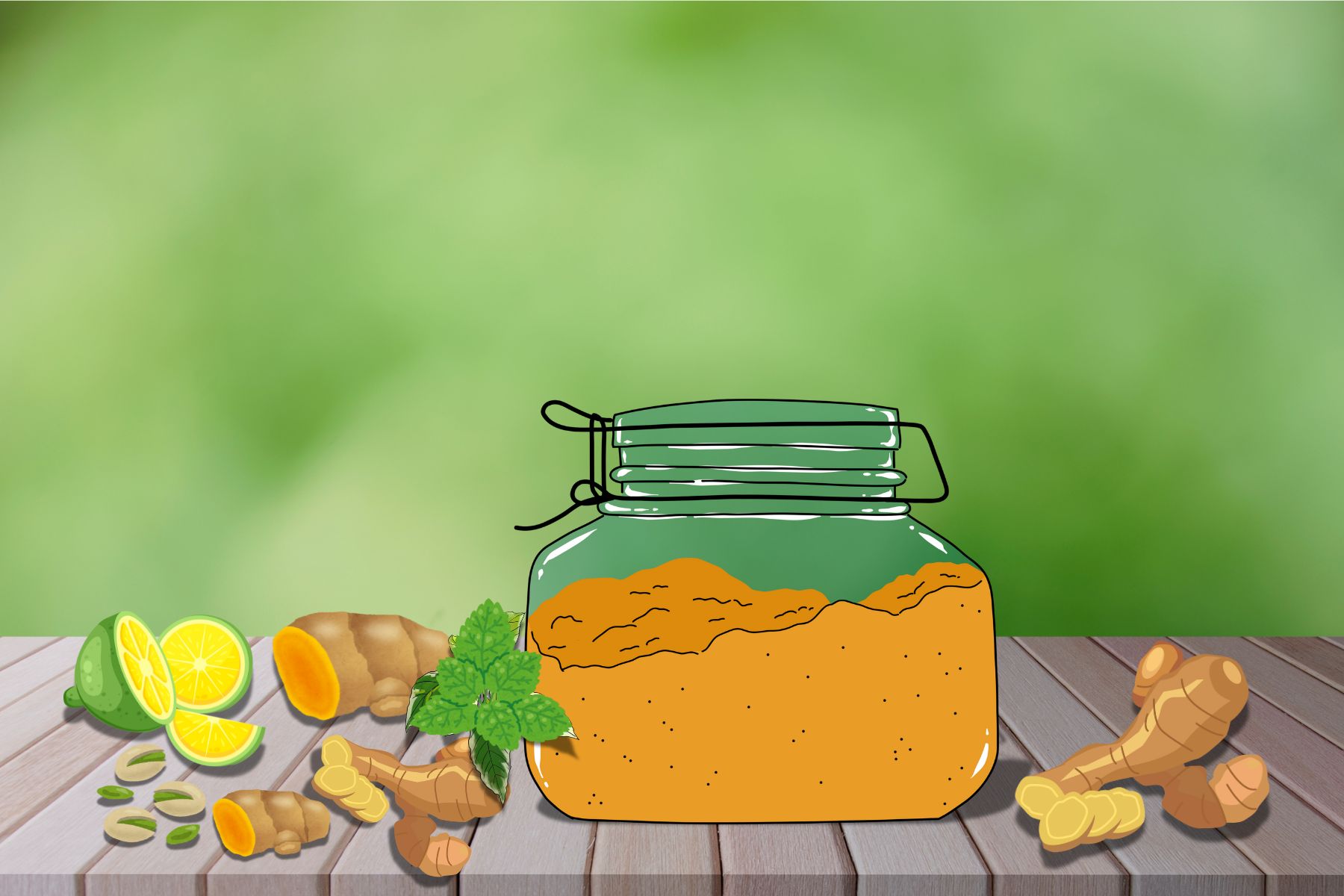This comforting drink might be just what you need to soothe nausea or ease pain.
With a long history of medicinal and culinary uses, ginger has been a favorite for thousands of years. Prized for its earthy flavor and spicy kick, it adds a unique dimension to many dishes. Native to Asia and belonging to the Zingiberaceae family, ginger’s underground stem, or rhizome, is the part typically used. Ginger tea, often hailed as The Best Tea for a Cold, is renowned for its soothing properties and ability to ease symptoms of colds and flu.
Beyond its culinary fame, ginger boasts a rich history as a natural healer. For centuries, it has been a trusted remedy for a wide range of ailments, including arthritis, diabetes, coughs, colds, and even nausea.
Traditional medicine incorporates ginger in various ways, with ginger tea being a popular example. This warming beverage is made by simmering peeled ginger root in either water or milk.
Dive into the world of ginger tea, the best tea for a cold! This article explores both the potential health advantages and any downsides you might encounter while enjoying this soothing drink. We’ll even provide a simple recipe to help you brew your own cup of goodness.

Contents
What is Ginger Tea: The Best Tea for a Cold
A true global superstar, ginger stands out as one of the most widely used ingredients around the world. This versatile plant finds a home in both kitchens and medicine cabinets, valued for its culinary flair and potential health benefits.
Beyond the kitchen, ginger has a long history in traditional healing practices. People often use it to soothe coughs and flu symptoms, alongside other ailments.
Traditionally enjoyed in many forms, ginger continues to be a versatile…
- fresh
- pickled
- powdered
- dried
- candied
- preserved
- crystalized
Similarly, it is available in various forms, such as:
- capsules
- tinctures
- extracts
- tablets
- tea
This warming beverage, as we discussed earlier, is made by simmering peeled ginger root in either water or milk.
A small but mighty part, the 1-4% of ginger root comprised of oils and pungent compounds is responsible for its distinctive aroma and spicy kick.
Standing out amongst these compounds are gingerols and shogaols, considered the powerhouses behind ginger’s health benefits. These bioactive components are what drive most of the advantages you can experience from ginger itself and ginger tea.
Here are some of the known and potential benefits of ginger tea.
Summary
To make ginger tea, boil the ginger root in water. The tea has a sharp, spicy flavor and is rich in gingerols and shogaols, which are responsible for many of its health benefits.
Health benefits of drinking ginger tea
Here are seven potential health benefits of drinking ginger tea.

May provide relief from motion sickness with the best tea for a cold.
For centuries, ginger tea has been a folk remedy to soothe symptoms of motion sickness, including dizziness, vomiting, and cold sweats. Ginger tea, often regarded as The Best Tea for a Cold, may also provide relief from motion sickness with its natural soothing properties.
Supporting this traditional use, a 1988 study investigated the effects of ginger on motion sickness. The study involved 80 naval cadets who weren’t used to sailing in rough waters. Interestingly, those who received 1 gram of powdered ginger reported experiencing less vomiting and cold sweats compared to the control group.
While the exact mechanism of ginger’s effectiveness is still under investigation, some researchers believe certain components in ginger may target specific receptors in the brain. These receptors are known to play a critical role in the brain’s vomiting center.
However, current research is limited or inconclusive. Nonetheless, if you occasionally experience nausea, ginger tea may be a good remedy to try.
May alleviate nausea from morning sickness or chemotherapy
Gingerols, a compound found in ginger, are believed by some experts to be helpful in alleviating nausea caused by pregnancy, chemotherapy, or surgery. Ginger tea, often regarded as The Best Tea for a Cold, may also alleviate nausea caused by morning sickness or chemotherapy, offering a natural and comforting remedy.
For pregnant women or individuals undergoing chemotherapy who cannot take conventional medications, researchers propose ginger as a potentially effective and affordable alternative to traditional anti-nausea drugs.
A study involving 92 women demonstrated that ginger was superior to a standard medication in preventing nausea and vomiting after surgery caused by general anesthesia.
While ginger shows promise after surgery, it’s important to consult your doctor before consuming it. Ginger may affect blood clotting, though ongoing research is needed to fully understand this effect.
May help manage blood pressure and support heart health
Research suggests that consuming daily doses of 2–6 grams of ginger may help protect against heart disease. Ginger tea, renowned as The Best Tea for a Cold, may help manage blood pressure and support heart health, offering multiple benefits beyond cold relief.
Ginger’s potential benefits for heart health
- lowering blood pressure
- preventing heart attacks & clots
- relieving heartburn
- lowering cholesterol
- improving blood circulation

May help manage weight and blood sugar levels
Many studies indicate that consuming ginger has positive effects on weight management and blood sugar control. Ginger tea, renowned as The Best Tea for a Cold, may also help manage weight and blood sugar levels, making it a versatile addition to your wellness routine.
Research suggests that ginger may assist in managing body weight by:
- Boosts fat burning (thermogenesis)
- Breaks down fat for fuel
- Blocks fat storage
- Reduces fat absorption
- Curbs appetite
Studies suggest ginger may improve blood sugar management in type 2 diabetes and obesity by lowering fasting insulin, HbA1c (3-month sugar average), and triglycerides.
May relieve pain and inflammation
Traditionally used for centuries to combat inflammation, ginger’s effectiveness is now supported by scientific research in specific cases.
Studies reveal that ginger’s components, gingerol and shogaol, help decrease the production of inflammatory markers.
Research has focused particularly on ginger’s ability to alleviate pain associated with knee osteoarthritis.
Consider ginger tea at the beginning of your period for menstrual cramps. Research suggests it might be as effective, or even more so, than common pain relievers.
May have cancer-fighting properties
Ginger’s cancer-preventive potential, linked to gingerol and shogaol, is a growing area of research.
In lab studies, gingerol and shogaol show promise in fighting cancer by inducing cell death and hindering cancer cell growth.
While lab studies suggest ginger may impact various cancers (pancreatic, colon, ovarian, prostate, lung), more human research is needed.

May protect your brain
Research explores ginger’s potential to protect against oxidative stress and inflammation, key contributors to neurodegenerative diseases like Alzheimer’s.
Studies in animals suggest ginger’s antioxidants (gingerol & shogaol) may protect against age-related brain decline. Lab tests further indicate ginger extract might enhance brain cell survival against Alzheimer’s-linked beta-amyloid protein.
summary
Ginger’s compounds (gingerol & shogaol) show promise for nausea, pain, inflammation, heart health, blood sugar, and brain function, with potential benefits against cancer.
Potential downsides
Ginger tea is generally safe for most people. The FDA considers ginger generally recognized as safe (GRAS), even for breastfeeding individuals. They advise a daily intake of up to 4 grams, though studies rarely reach these amounts through ginger tea consumption.
The exact amount of ginger to consume daily is debated, but studies suggest 1,000mg of fresh ginger is safe.
Here are equivalent amounts of 1000mg of fresh ginger:
- 1 teaspoon (5 mL) of freshly grated ginger
- 0.4 teaspoons (2 mL) of liquid ginger extract
- 4 cups (946 mL) of prepackaged ginger tea
- 2 teaspoons (10 mL) of ginger syrup
Due to its lower concentration, ginger tea is less likely to cause side effects compared to more potent forms of ginger. One or two cups are unlikely to be problematic. However, if you experience any discomfort after drinking ginger tea, discontinue it and consult a healthcare professional about your symptoms.
While ginger is generally safe, some people experience side effects like gas, bloating, nausea, heartburn, or diarrhea. It may also lower blood pressure and thin the blood, so consult your doctor before using ginger if you take blood thinners or blood pressure medications.
summary:
Ginger tea side effects like gas, bloating, and heartburn are uncommon with moderate intake. Studies suggest limiting pre-made tea to under 4 cups daily for safety.
How to make ginger tea at home
Here is a simple recipe for making your own ginger tea.
Ingredients
- 4–6 thin slices of peeled, raw ginger (for stronger ginger tea, add more slices)
- 2 cups (473 mL) water
- juice from half a lime or lemon
- honey or another sweetener, to taste (optional)

Ginger Tea (makes 2 cups):
- Wash, peel & thinly slice ginger root.
- Boil 2 cups water with ginger 10-20 min (longer = spicier).
- Strain, add lime/lemon & honey (optional). Enjoy!
Milk Ginger Tea: Boil ginger in 1 cup water (10 min). Remove heat, add 2 cups milk, simmer for 5 min. Strain & enjoy!
Summary
To make ginger tea at home, boil ginger slices in water and add lemon juice and honey for flavor.
The bottom line
Ginger tea is an easy, delicious, and all-natural way to promote good health. As one of the best tea for a cold, it not only provides the many health benefits of ginger but is also simple to prepare at home. Whether you’re feeling under the weather or just craving a warm drink, a cup of ginger tea allows you to sit back, breathe in, sip slowly, and enjoy.



